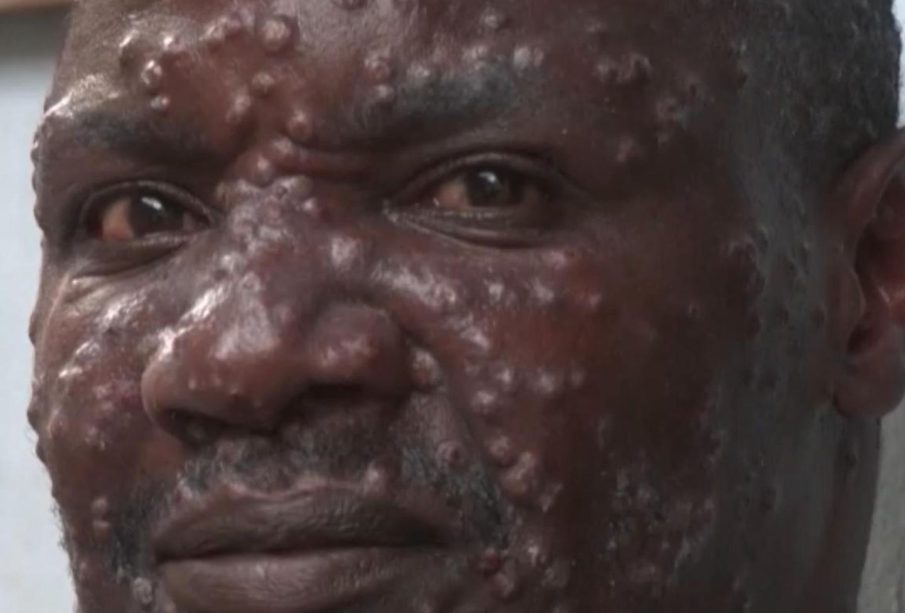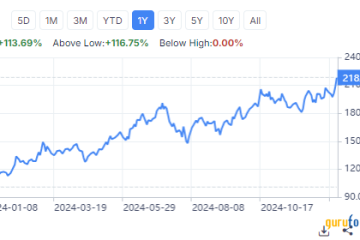Understanding Mpox: Current Trends and Impacts

Introduction
Mpox, formerly known as monkeypox, has recently gained significant attention globally and particularly in Canada due to its outbreak in recent months. This viral disease, which was once primarily confined to certain regions in Africa, began to spread internationally in 2022, prompting public health agencies to enhance their surveillance and vaccination efforts. Understanding Mpox is crucial as it affects public health policy, community safety, and individual awareness.
Current Situation
As of October 2023, Canada has experienced a series of reported cases, predominantly affecting urban areas and individuals engaged in close-contact settings. According to the Public Health Agency of Canada (PHAC), there have been over 700 confirmed cases nationwide since the outbreak started, with cases reported in major provinces such as Ontario, Quebec, and British Columbia. The virus primarily spreads through direct contact with lesions, bodily fluids, or respiratory droplets.
Health officials are keenly monitoring these developments, particularly in light of emerging variants. Vaccination campaigns using the JYNNEOS vaccine have been ramped up to contain the spread. Recent data shows that vaccines can be effective in preventing severe outcomes for those exposed to the virus, which has encouraged higher uptake rates among at-risk populations.
Community Response and Preparedness
Community organizations, health authorities, and public health campaigns are working together to raise awareness and educate the public about Mpox. Strategies include targeted outreach to high-risk communities, distribution of educational materials, and establishing dedicated clinics for vaccination and treatment.
The LGBTQ+ community has been particularly vocal during this outbreak, advocating for more resources and better healthcare access. Collaborative efforts have seen organizations like the Canadian Public Health Association provide essential information and support networks to those affected by the virus.
Conclusion
The Mpox outbreak represents a significant public health challenge but also an opportunity for Canada to strengthen its healthcare response and bolster community support networks. As the situation evolves, continued public education, vaccination, and intervention programs will be essential in curbing the spread of the virus. Looking ahead, health experts emphasize the importance of preparedness and surveillance to ensure that similar outbreaks can be dealt with promptly and effectively in the future. Individuals are encouraged to stay informed and practice recommended health guidelines to protect themselves and others.









